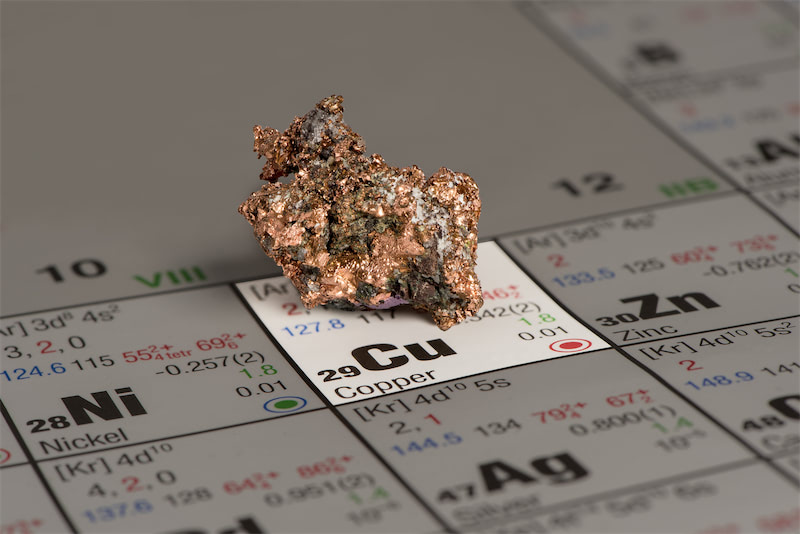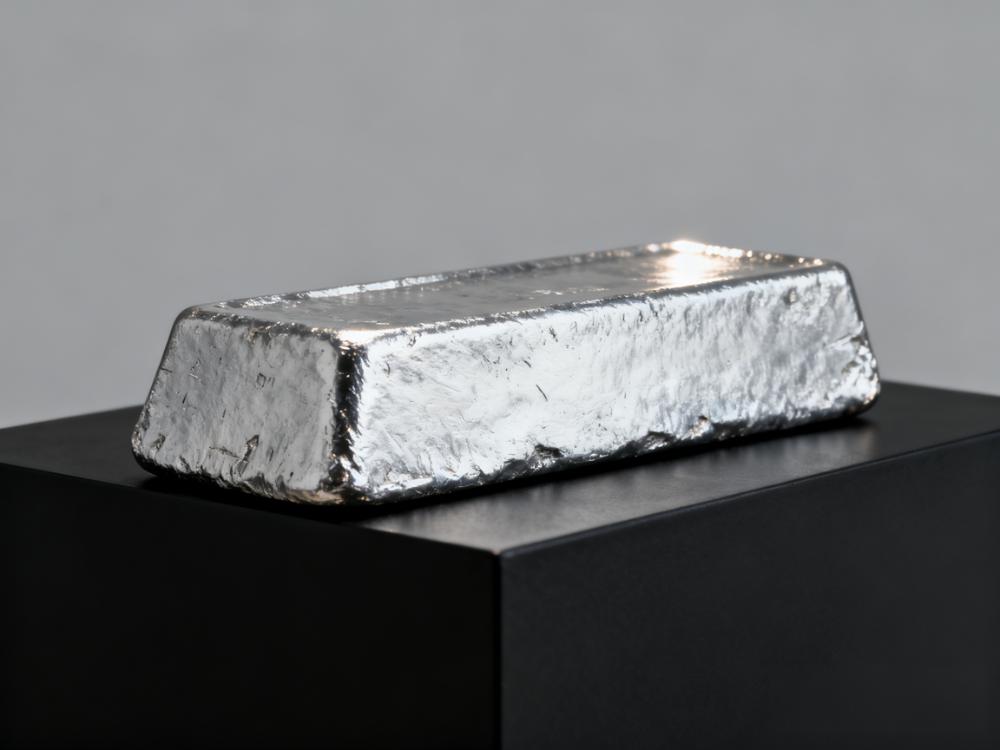
With the increasing demand of automobile companies for power batteries, both battery companies and automobile companies are laying out power batteries one after another, and even some cross-border enterprises are also involved. The development of the industry presents a gratifying scene of prosperity, the speed of industrial innovation is accelerated, the technological iteration cycle is shortened, and the emergence of new technologies, new materials and new processes provide technical support for the acceleration of global automobile electrification. Solid-state battery, known as "the direction of the next generation power battery", has become a hot spot in the industry. Recently, Nissan released its 2030 vision, taking electric drive (pure electric and plug-in hybrid) as the core strategy, proposing pilot production of solid-state batteries in 2024 and supporting loading in 2028.
On November 29th, Nissan released the "Nissan Vision 2030" (Nissan Ambition 2030) strategy. Nissan plans to invest 2 trillion yen (112.84 billion yuan) to launch 23 electric models by fiscal year 2030. At the same time, it will also increase investment in all-solid-state batteries, cobalt-free batteries and other fields. In addition, Nissan will work with partners to increase battery production capacity, reduce battery manufacturing costs, and lay out the battery industry chain in an all-round way.
Traditional car companies turn to electrification
In the new energy vehicle market, compared with Tesla, BYD and other leading enterprises of electric vehicles, the pace of traditional car companies such as Nissan appears to be somewhat slow. On the other hand, electric vehicles are in a period of rapid change, and enterprises have seen the launch of new models every now and then. In the 2030 vision, Nissan regards electric drive as its long-term development strategy and plans to invest 2 trillion yen to quickly promote the layout of electric drive products and technological innovation.
At the same time, Nissan plans to launch 23 electric-driven models, including 15 pure electric models, by fiscal year 2030. Among them, Nissan and Infiniti brand electric drive models will account for more than 50%.
Based on good expectations for the global market, Nissan plans to increase the sales share of electric-driven models in its core market by fiscal year 2026. Among them, in the European market, Nissan's planned electric drive model sales will account for more than 75 per cent of its total model sales; in Japan, its electric drive model sales will account for more than 55 per cent of its total model sales; in the Chinese market, Nissan electric drive models will account for more than 40 per cent of its total vehicle sales; in the US market, Nissan plans to launch pure electric models accounting for 40 per cent of its total vehicle sales by fiscal year 2030.
"Nissan continues to pursue innovation and actively promotes the innovation of electric models," said Gupta (Ashwani Gupta), chief operating officer of Nissan. Under the new vision, we will continue to lead and accelerate the transition to electric models, attract consumers with more interesting driving experiences, increase product acceptance, and create a cleaner world. "
At the "Nissan Vision 2030" event, Nissan also unveiled four new concept models, including two pure electric SUV, a pure electric sports car and a pure electric pickup, which will bring drivers a more comfortable and thoughtful experience with advanced technology.
In a short period of more than a decade, electric vehicles have a broad future from sporadic flashes to the present prairie fire. The automobile industry has always been optimistic about the future of new energy vehicles. Previously, Nissan, a traditional car company that was hesitant in front of the new energy vehicle market, is now resolutely and decisively marching into the new energy vehicle industry, laying out the whole industrial chain on a large scale, and can foresee the bright future of new energy vehicles.
Technology iteration promotes the progress of the industry
The core of the rapid development of the new energy vehicle industry lies in the continuous iterative improvement of the key parts technology with the power battery as the core. At present, lithium iron phosphate battery and ternary lithium battery have become the mainstream, but focusing on the development of technology, many enterprises and research institutions begin to increase investment in solid-state battery research and development. The iterative process of power battery is also the process of continuous innovation and upgrading of new energy enterprises, so the core of the development of many enterprises lies in the iterative updating of battery technology.
At present, there are some problems in the battery industry, such as battery energy density, safety, cost and so on. With the advantages of high energy density and good safety, solid-state battery can solve these pain points in the industry to a large extent, or will become the mainstream direction of battery technology in the future.
Although Nissan lags behind in electrification, its ambition is not small. With the help of solid-state battery technology, it is deeply involved in different market segments and launches more electric models with strong performance. it may become a big "killer mace" on the road of Nissan electrification. According to Nissan Vision 2030, Nissan plans to build a pilot plant for solid-state batteries in Yokohama, Japan in fiscal year 2024 and launch an electric model with an original all-solid-state battery (ASSB) in fiscal year 2028.
In terms of battery costs, Nissan plans to reduce the cost of all-solid-state battery packs to $75 / kWh, by fiscal year 2028, while through continuous innovation, it will further reduce the cost to $65 / kWh, in the future to achieve the economy of electric vehicles.
On the basis of technological updates, Nissan will also build a global battery supply system to further reduce costs and make Volkswagen travel more convenient and efficient.
Global layout of solid-state batteries
In the new round of power battery competition, solid-state battery has become the focus of attention. The global layout of enterprises promotes the solid-state battery to become the new development direction of the battery industry in the future. Enterprises also regard solid-state battery as a kind of competitive strength and hope to be at the forefront of industry competition.
Although the all-solid-state power battery is still in the stage of research and development, exploration and experiment, it will take time to move towards application, and there are still some technologies to break through, but it is a consensus in the industry that all-solid-state battery will move towards industrialization. both the automobile industry and the battery industry have high hopes for it.
Ningde era, Honeycomb Energy, Ganfeng Lithium Industry, Samsung SDI, SKI, LG New Energy, Panasonic Battery and other enterprises are stepping up the research and development of solid-state batteries.
Honeycomb Energy has joined hands with the Chinese Academy of Sciences to build a solid-state battery technology research center, which plans to carry solid-state batteries with an energy density of 350-500Wh/kg in its production cars by 2025. At present, it has made a breakthrough in the research and development of semi-solid battery technology, and took the lead in launching the first "no fire, self-healing"jelly battery" based on cobalt-free material system.
At the same time, automobile enterprises and battery enterprises work together to promote the maturity of solid-state battery technology on the road of solid-state battery layout, which has also become a bright spot in the development of the global new energy vehicle industry chain.
At present, Hyundai, Toyota, BMW, Volkswagen, General Motors, Honda and other global mainstream car companies have begun to layout, have added solid-state batteries.
Hyundai plans to trial-produce electric vehicles equipped with all-solid-state batteries in 2025 and plans to achieve partial mass production in 2027 and full mass production around 2030. It is currently working with battery companies including Samsung SDI, SKI and LG New Energy to promote the development and mass production of solid-state batteries.
Germany's Volkswagen, in cooperation with the emerging American solid-state battery company Quantum Scape (referred to as "QS"), will set up a 1GWh trial production line in 2024 to achieve commercial mass production of its lithium-metal solid-state battery by carrying it on Volkswagen's high-end models. QS announced in January that its solid-state battery product had an energy density of more than 1000 Whamp L, completed nearly 1100 cycle tests, and still maintained more than 80% of its capacity.
In the face of the great potential development prospect of solid-state battery, many countries around the world have also promoted it from the top-level design and support policies. Japan and Germany take solid-state battery as the development goal, while the United States focuses on cost reduction, while China has issued a development plan, the national "New Energy vehicle Industry Development Plan (2021-2035)", which raises the solid-state battery to the national level. it is planned to transform liquid electrolytes into solid electrolytes by 2030.
The reason why solid-state battery has attracted so much attention is that solid-state battery has many advantages, such as safer application, higher energy density, stronger cycle safety, huge market potential and so on. However, its technology and technology are still very immature and the cost is high, which is the biggest obstacle that it is difficult to be mass produced in a short time. Of course, these pain points and shortcomings of solid-state battery technology, with the in-depth exploration of automobile and battery enterprises, as well as the efforts of industry chain experts, will be conquered or solved one by one, and finally achieve mass production application.
![[SMM Analysis] Influenced by macro sentiment, MHP and high-grade nickel matte prices declined this week.](https://imgqn.smm.cn/usercenter/CWsEw20251217171732.jpeg)

